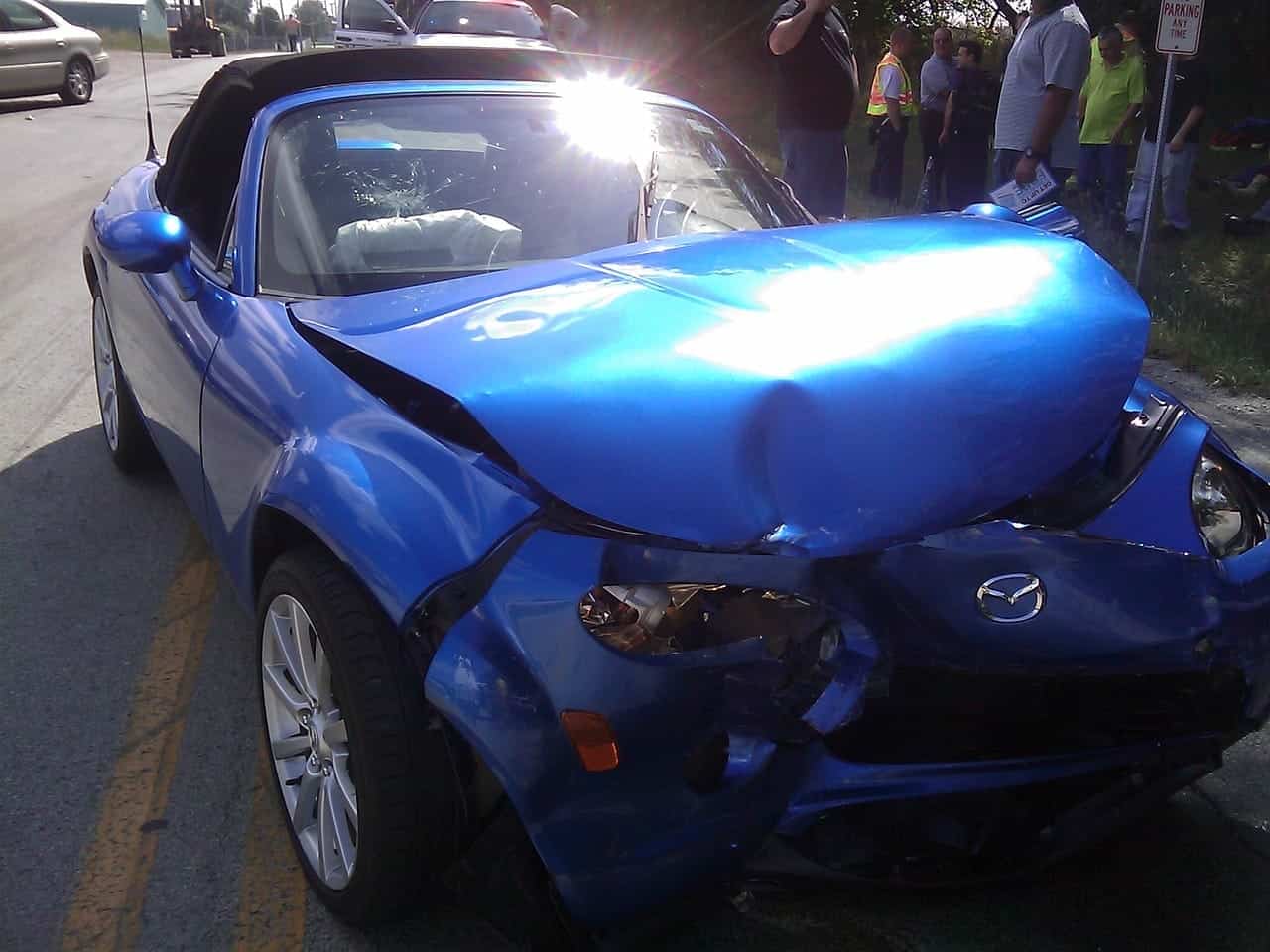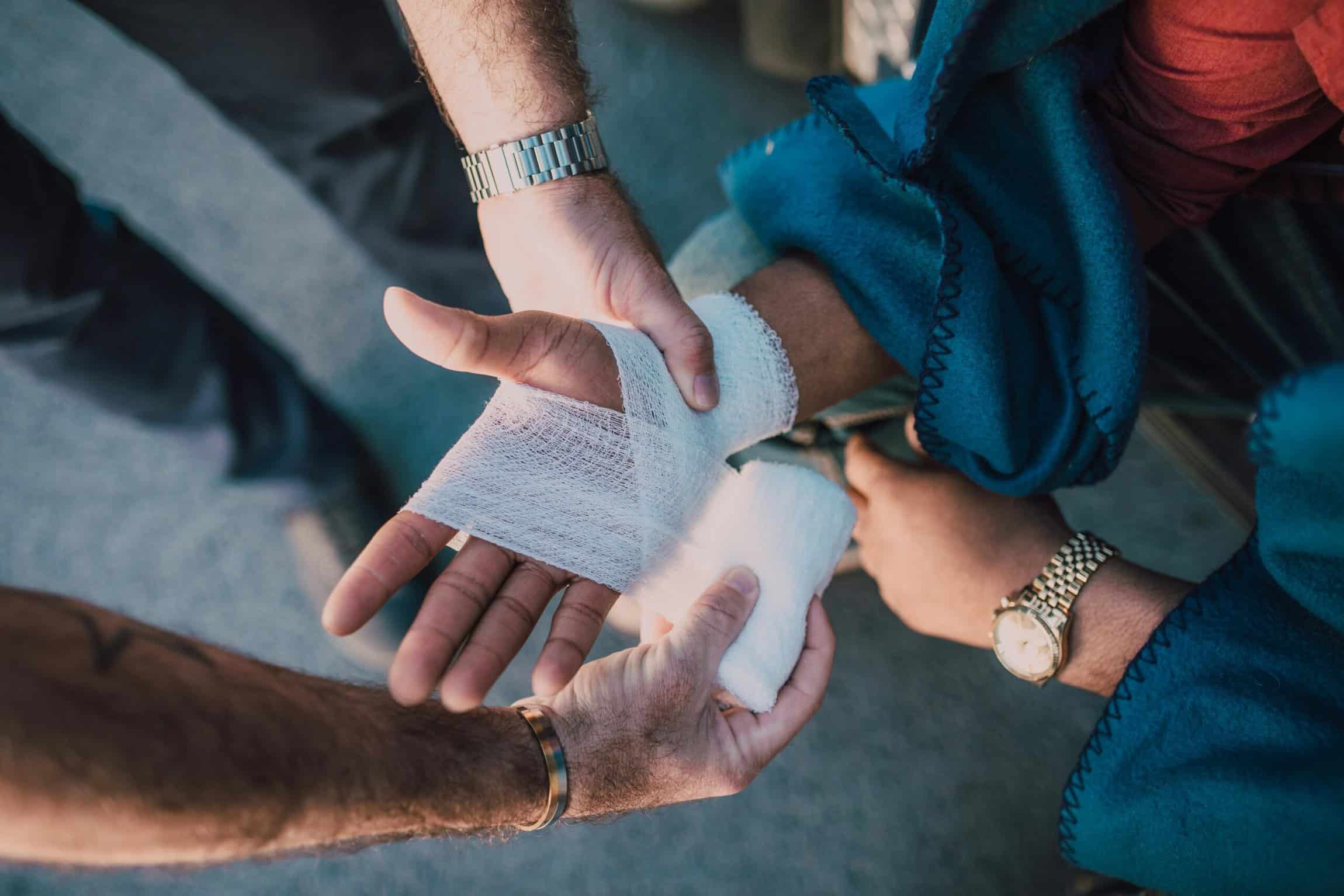Driving as part of your duties at work is common. However, you might not always be driving a company vehicle. Sometimes, your employer might require you to use your own vehicle and ensure it’s appropriately insured. This can then raise questions if you get into an accident while driving your vehicle on company time. The vehicle might belong to you, but you were working when the accident occurred. The situation can be complicated, which is why it’s important to get the correct legal advice.
Accidents in Personal Vehicles on Company Time: Essential Facts
Motor Vehicle Accidents Are Eligible for Workers’ Compensation
One of the important things to consider in a vehicle accident is who can be held responsible. Determining whose negligence might have caused the accident is essential to help decide who should be bearing the costs. In the case of an on-the-job motor vehicle accident that occurs while you are carrying out your job, even if it’s in your own vehicle, your employer could be responsible for paying for your medical treatment and wage loss through Workers’ Compensation. Even if you were the one to cause the accident you may be eligible to receive Virginia Workers’ Compensation benefits.
In Virginia, your employer can be responsible to pay for your medical bills and wage loss resulting from a car accident if you were acting within the course and scope of your employment at the time of the accident. This also includes if you were a passenger in a vehicle. Generally, driving to and from work is not considered to be in the course and scope of your employment. But depending on your job and your work responsibilities, a car accident on the way home or to work could be covered by Workers’ compensation. For a car accident to be covered by workers’ comp, the employee needs to be acting within the scope of their employment.
To be acting within the scope of your employment, you need to be:
- Working for pay when the accident occurs
- Driving your car as part of a work-related task
- Carrying out a task your employer asked you to complete
- Doing something to benefit your employer
There are also times when your employer would not be held liable to pay you workers comp benefits. If you weren’t working at the time or you made a stop somewhere that was out of the way from where you were driving for work.
Being Negligent Does Not Necessarily Prevent You From Receiving Workers’ Comp Benefits
Even if the accident you were involved in was your fault, you may still be eligible to receive workers’ compensation benefits for the accident. This is different than a personal injury case, where your negligence would prevent you from being able to receive compensation for your injuries from the other driver. In the context of a car accident that happens while you’re working, you would not be eligible to receive workers comp benefits if you knowingly and purposefully violated a state statute or rule established by your employer. In these circumstances a claim for workers comp benefits could be denied by the insurance company. Even if your claim is denied by the insurance company, you can still receive workers’ compensation benefits if you win your case at trial before the Virginia Workers’ Compensation Commission. A workers’ compensation lawyer can help the employee to file their claim.
To have your employer pay workers compensation benefits after an accident in your own vehicle, the most important thing is showing that you were carrying out work-related duties at the time.
This can’t include simply driving to or from work, but it might include driving between jobs or tasks. You might be using your personal vehicle to go to a different job site or somewhere other than your usual place of work, or you could be doing something like delivering a document or picking up a client.
You Might Have a Third-Party Personal Injury Claim
There are also times when an accident on the road is caused by another party. In these instances, the at fault party is also responsible for covering the damages you suffered (i.e., medical bills, wage loss, pain and suffering, etc…) through their own insurance. The other party would also be responsible for the damage to your car. Determining who was at fault in an accident is a key part of the investigation. Personal injury claims are separate from workers’ compensation claims, so it’s something that you might want to pursue in addition to filing a workers’ comp case.
Get On-the-Job Road Accident Advice from Experienced Workers’ Compensation Lawyers in the RVA Area
At Renfro & Renfro, our skilled workers’ compensation attorneys have extensive experience dealing with all kinds of work accidents. If you were involved in an accident while using your personal vehicle, we can help you with both workers’ compensation and personal injury claims. You can get started with a free case evaluation. Contact us today to discuss your case and find out more about what we can do for you.






